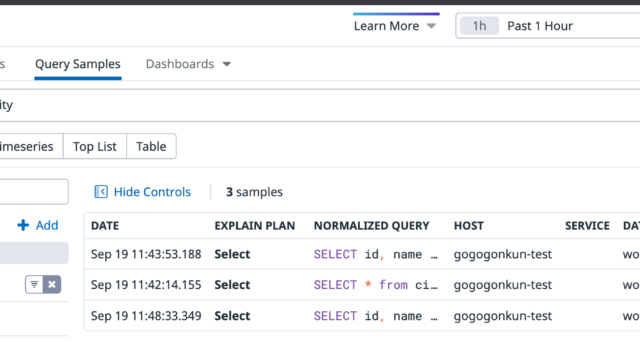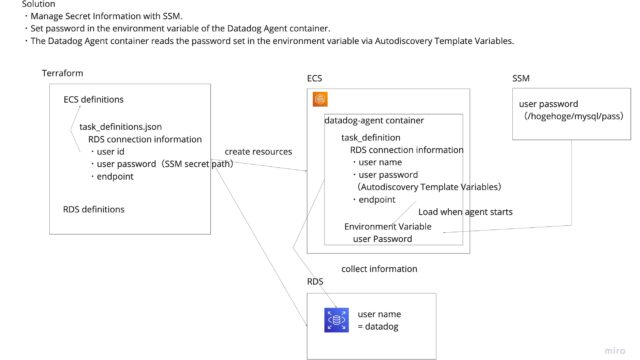Introduction
- This article introduces methods to switch code signing requirements based on the environment for Electron application distribution
- Technical stack: Electron, TypeScript, Node.js
This article is a continuation of the following articles:
https://gonkunblog.com/mac-globalsign-signing/2551/
https://gonkunblog.com/mac-code-signing/2556/
https://gonkunblog.com/electron-windoes-usb-token-build/2577/
Target Audience
- Developers with experience in Electron application development
- Those interested in application signing processes
- Developers looking to set up conditional signing in CI/CD environments
Background
- Code signing is recommended for Electron applications before distribution
- However, signing during development is time-consuming
- We wanted to implement signing only for production builds while skipping it for development builds
- USB tokens became mandatory, limiting the number of machines capable of both building and signing
- Particularly in CI/CD environments, signing processes cannot be executed because USB tokens cannot be connected
- We decided to separate processes for production and other environments since signing is not necessarily required for development and testing environments
Challenges to Solve
- Create environment-dependent branching for the signing process
- Ensure signing is always performed in production environments
- Skip the signing process in development environments to save time
- Maintain a simple build process while implementing conditional branching
- Enable signature-free builds in CI/CD environments
Implementation Method
- Set up environment-specific build commands in package.json
- Toggle signing settings using electron-builder command-line arguments
- Prepare a TypeScript file for the signing process
Implementation Details
1. Environment-specific Build Script Configuration in package.json
{
"scripts": {
"build:win:prod": "yarn build && electron-builder -w --publish=never --config.win.sign=./sign-with-token.ts",
"build:win": "yarn build && electron-builder -w --publish=never"
}
}build:win:prod: Production environment build command. The--config.win.signoption specifies the signing scriptbuild:win: Development environment build command. Signing option is omitted
2. Signing Script Implementation
Here’s an example of the sign-with-token.ts file we actually use. This script uses the signtool command to sign Windows applications:
// sign-with-token.ts
exports.default = async function(configuration) {
const { path } = configuration;
const { execSync } = require('child_process');
console.log(`Signing: ${path}`);
try {
execSync(`signtool sign /tr http://timestamp.globalsign.com/tsa/r6advanced1 /fd sha256 /td sha256 /n "Example Company" "${path}"`,
{ stdio: 'inherit' });
return true;
} catch (error) {
console.error('Signing error:', error);
throw error;
}
};The role and behavior of this script are as follows:
- Retrieve the path of the file to be signed from the
configurationobject - Execute the
signtoolcommand using Node.js’schild_processmodule - Specify a timestamp server to prevent signature expiration
- Use SHA256 hash algorithm
- Specify the certificate issuer name (replaced with a generic name above)
- Return
trueif signing is successful, or throw an error if it fails
For Windows, signing uses signtool.exe, but this method requires a physical certificate like a USB token on the development machine.
Implementation Results
- Development builds can be created quickly by skipping the signing process
- The signing process is automatically executed for production builds
- Development teams can select the appropriate environment simply by using different commands
- CI pipelines only need to run
build:win:prodas configured - Staging environment (stg) builds can now be executed from CI/CD
- USB token-dependent signing processes are limited to production environments only
Conclusion
- While code signing for Electron applications is important, consider the balance with development efficiency
- Flexible environment branching can be achieved by customizing package.json script settings
- The method introduced here can be applied to other environment-specific settings beyond signing
- Even with physical constraints like USB tokens, efficient development workflows can be maintained through environment-specific settings
References
- Electron Builder Official Documentation
- Code Signing for Electron Apps
- Electron Security Documentation
- Windows Documentation: Using SignTool









